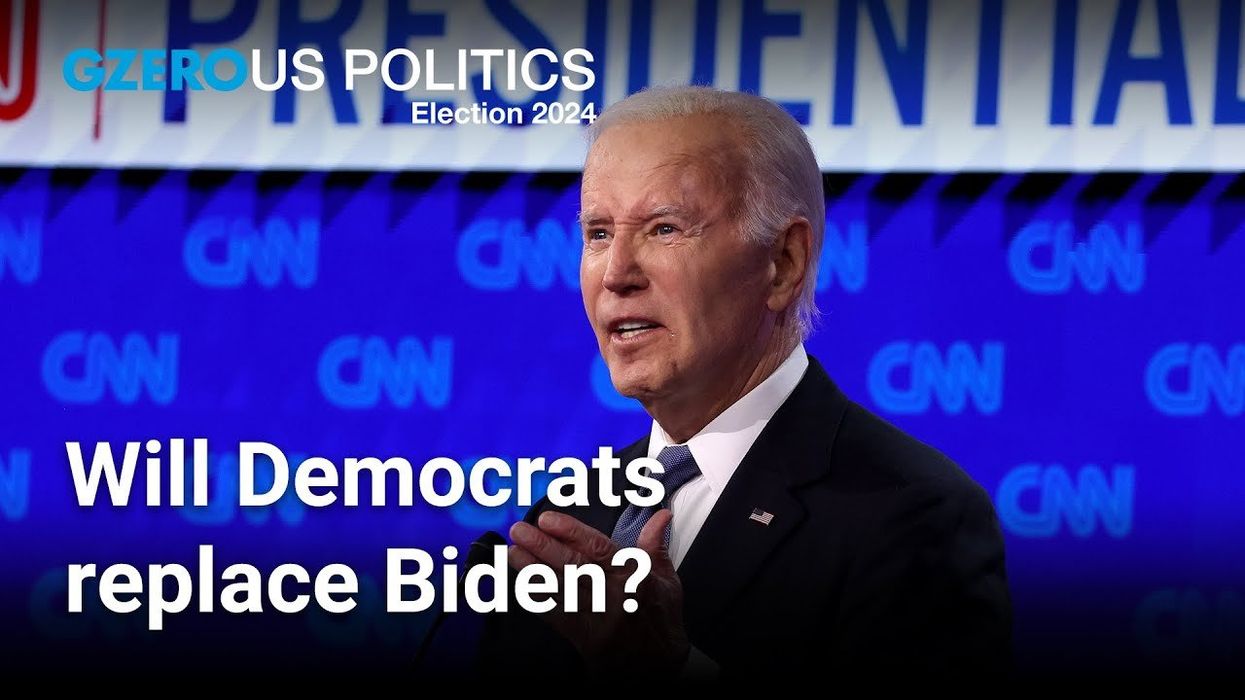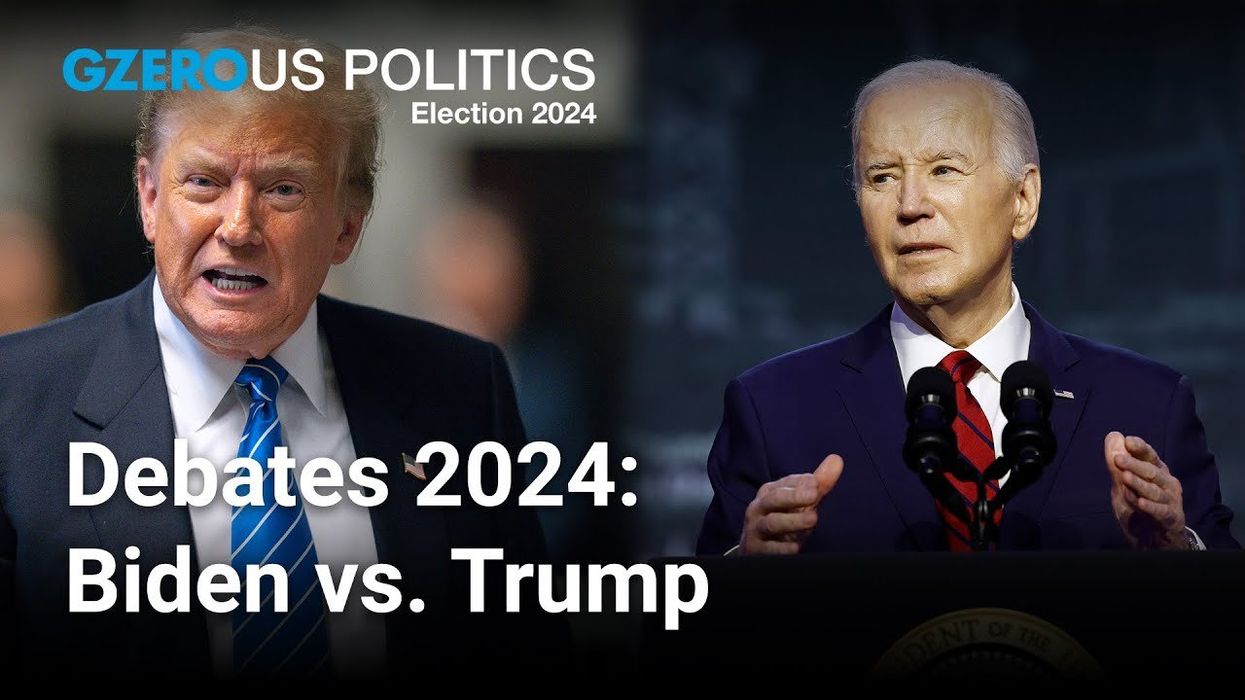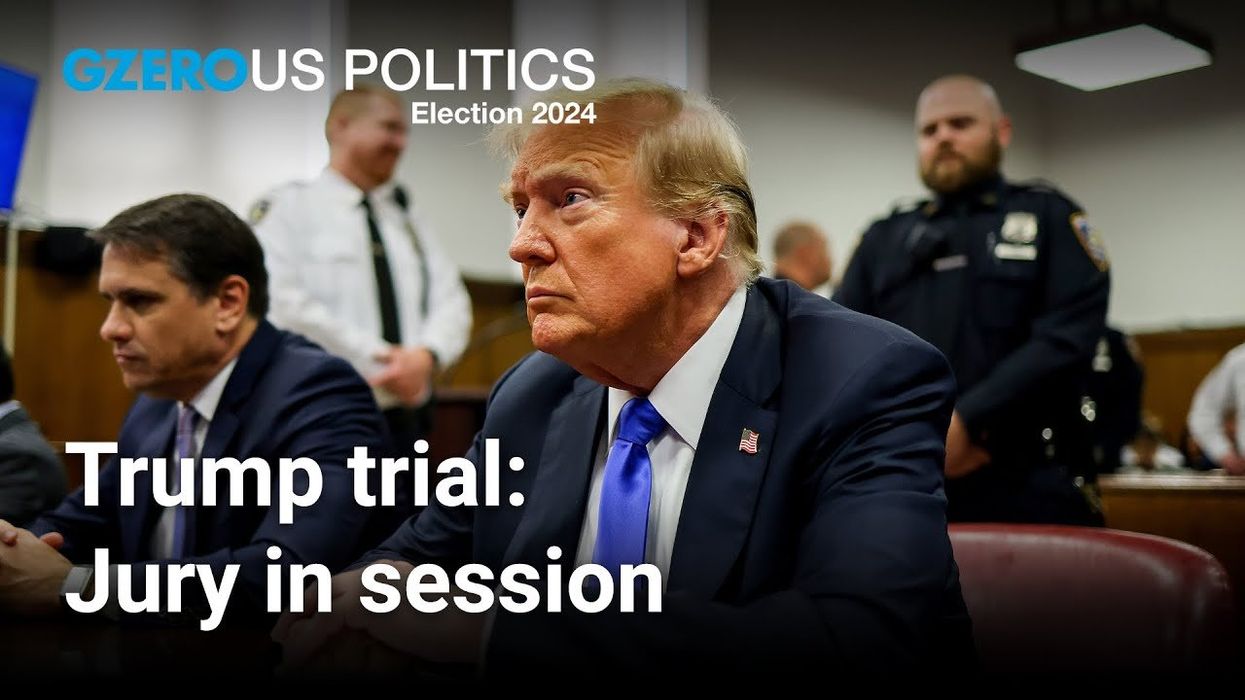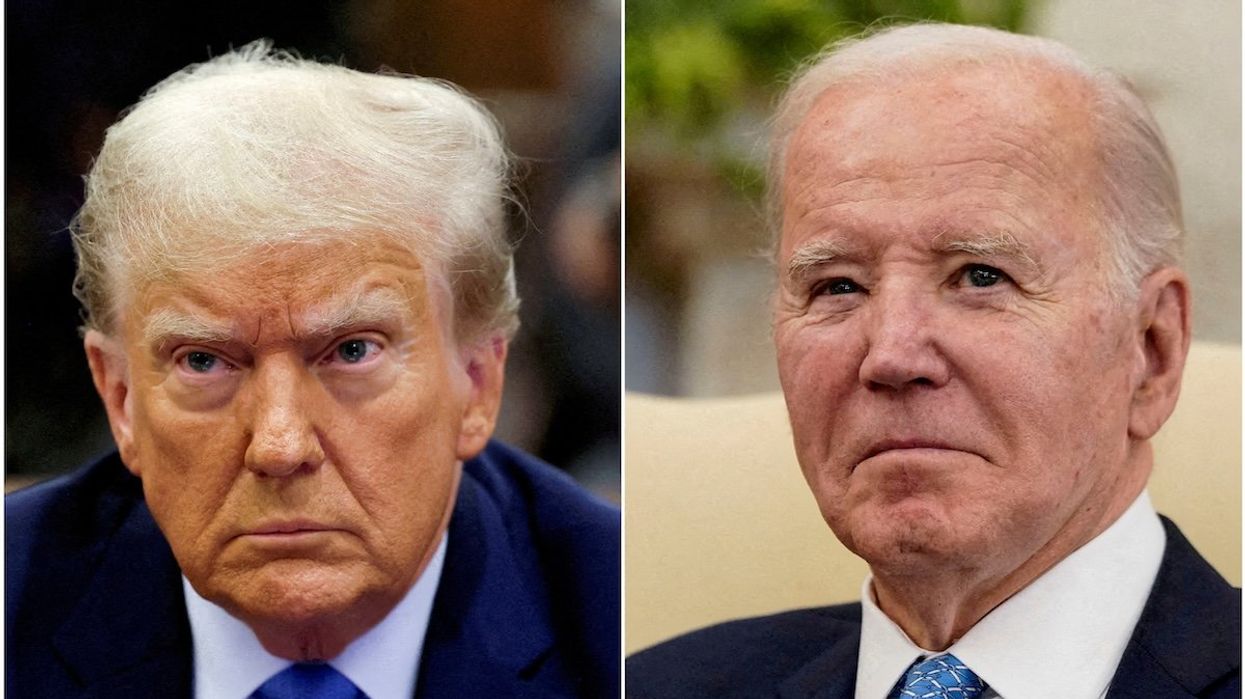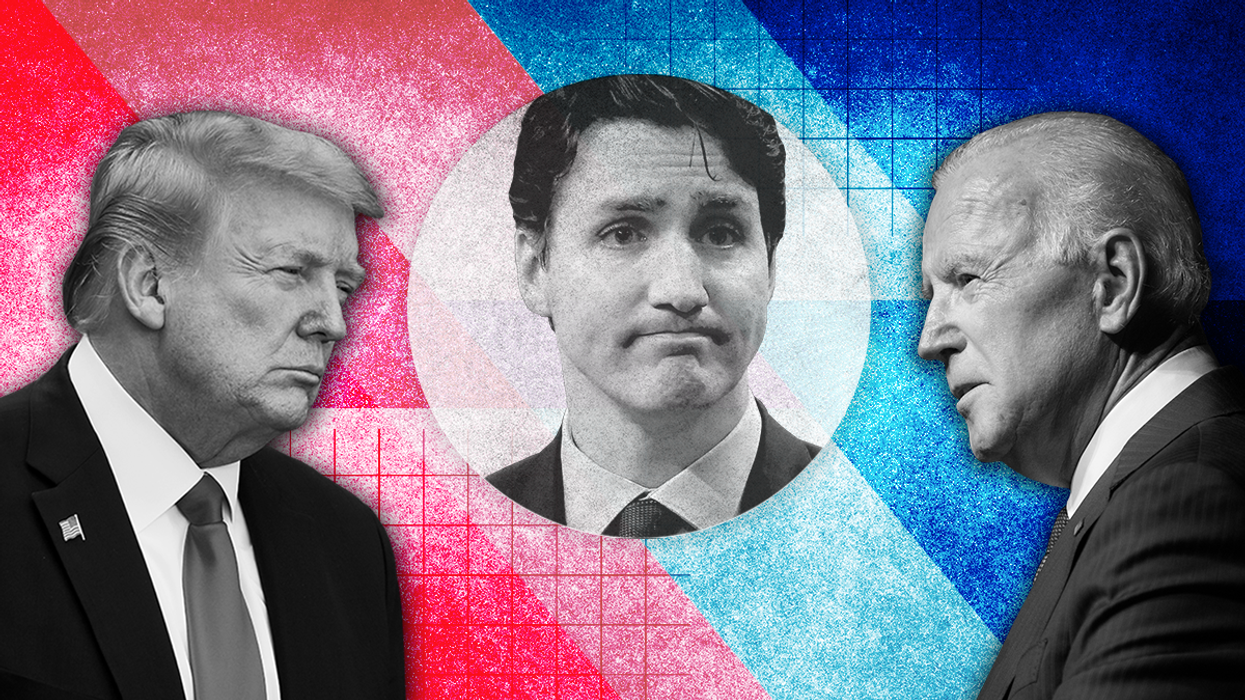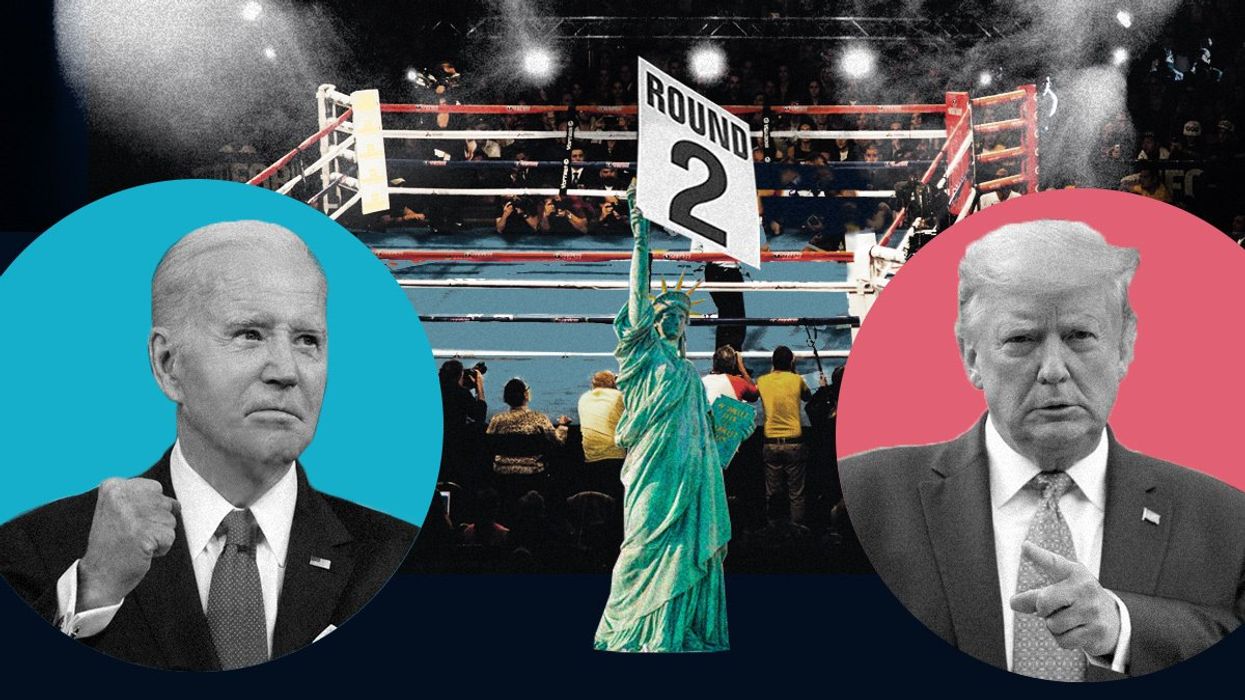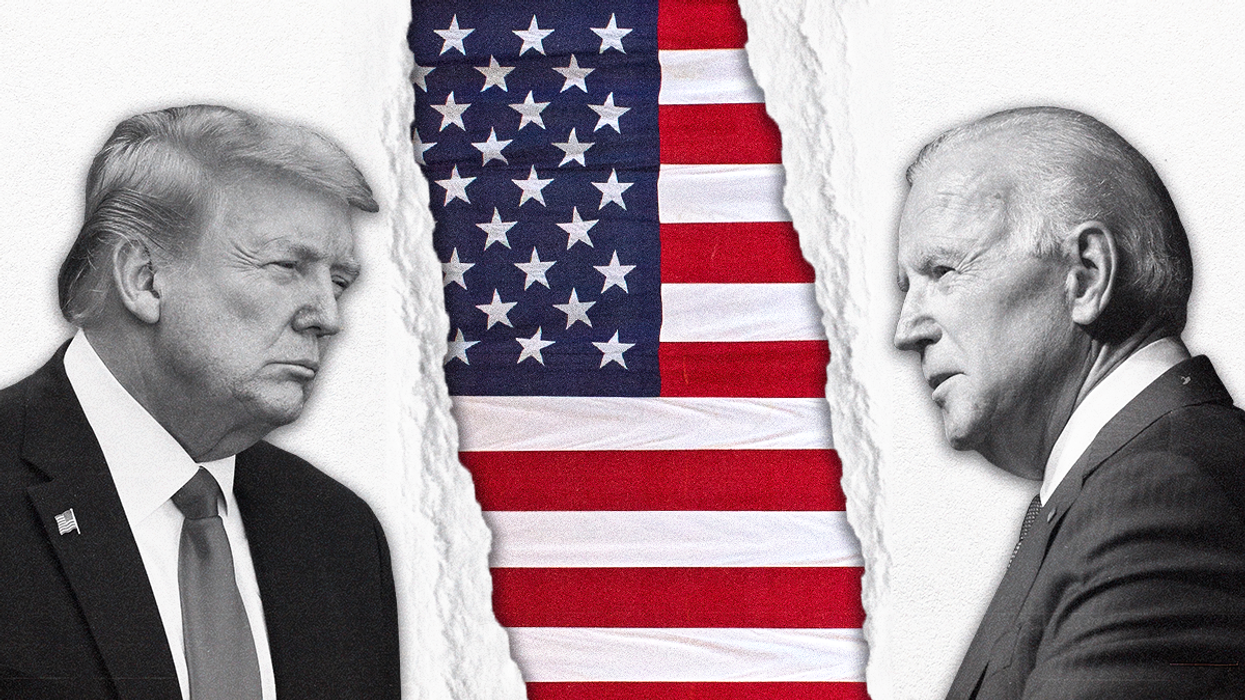US Politics In 60 Seconds
Why replacing Biden would be a challenge
What we're watching in US Politics this week: Will the Democrats replace Joe Biden after a disastrous debate performance? Jon Lieber points out that few candidates stand out, and they are unprepared to take on the formidable challenge of competing against Donald Trump for the US presidency.
Jun 28, 2024
